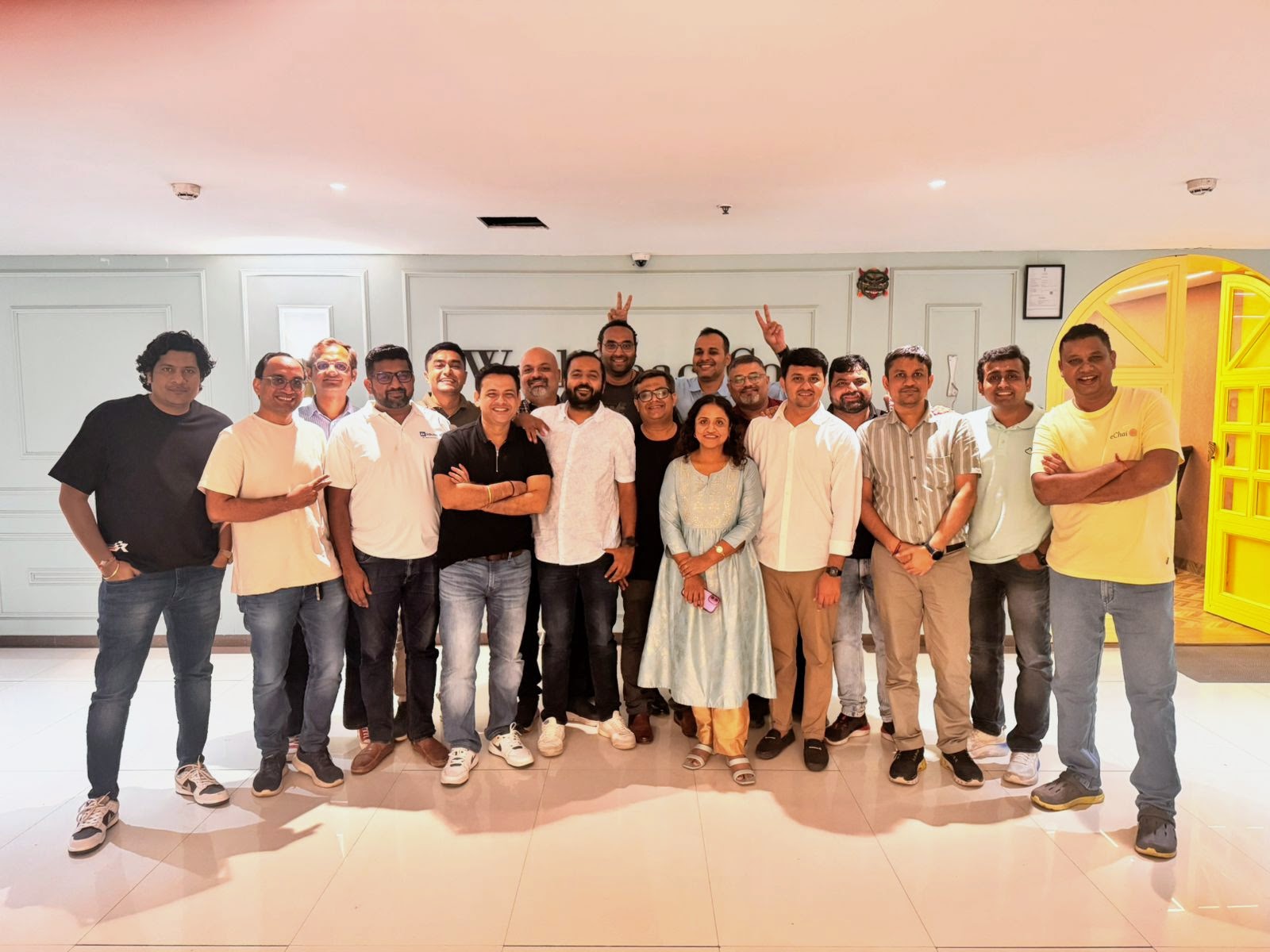The Localization of Intelligence
- by: Jatin Chaudhary

For years, India’s SaaS story was written for global markets. The pricing models, product choices, and growth playbooks came from what worked overseas. It made sense because global buyers were ready, payments were easier, and validation came faster. But a quiet shift is now visible across Indian cities. More founders are building SaaS products for Indian businesses not because it is simpler, but because it finally feels worth building for.
Selling software locally is not new. Every city has long had IT firms that made custom tools for nearby clients. What is new is how these founders are approaching it as product builders, not project vendors. They are turning local understanding into scalable SaaS. That shift demands a different kind of thinking. It is not about cheaper software; it is about smarter empathy. Products have to be simple enough for self-serve adoption yet flexible enough to match the sensibilities of Indian small businesses work that is fast, informal, and deeply relational.
In Surat, that change feels organic. The city’s IT base, built over years of contract work, is now giving rise to founders who understand both code and commerce. Denish Patel and Jay Patel, co-founders of AdKrity, represent this evolution. Early in their journey, they realized something many overlook: Indian businesses do not want tools to run ads, they want customers. They do not ask for more features or time-saving options; they want visible results. That insight guided AdKrity from the start. After years in ad-tech with JustDial, Directi, and Media.net, Denish returned to build software that helps small and medium businesses run digital ads without jargon or agencies. The product’s goal is not to automate marketing; it is to deliver customers.
At the eChai × Video SDK Diwali Gathering in Surat, Denish spoke about how much of AdKrity’s journey grew through proximity and community. Parthiv Patel of Petpooja connected him with Meta, which became an early partner. Naman Sarawagi from Refrens introduced him to Gagan Goyal of India Quotient, who, through their First Cheque fund, led AdKrity’s first round. When AdKrity was just starting out, Denish rented his first office from Manoj Advani, founder of Narad.io and lead for eChai Surat. Progress often begins with conversations between founders in informal settings.
As The Rough Guide to Building an Enterprise SaaS Dhandha in India by Blume Ventures observes, the Indian SaaS landscape runs on proximity and persistence. Deals are closed through conversations, not campaigns, and early traction often depends more on credibility than marketing. That is visible in AdKrity’s journey too. It grew through referrals, partnerships, and trust, the same instincts that have long defined Indian business, now expressed through software.
There is also a perception that Indian businesses do not pay for tools or software. Denish believes otherwise. If you deliver value and help them gain customers, they are willing to pay, as proven by platforms like Justdial, IndiaMART, and TradeIndia. What matters is not whether Indian businesses will pay, but whether the product directly helps them earn. As Blume’s essay notes, applying Western SaaS models blindly does not work in India; the market rewards relevance over process.
Across cities like Surat, Pune, Indore, Ahmedabad, and Jaipur, this quiet localization of intelligence continues to grow. Some see it as a shift inward, others as a sign of maturity. Either way, the pattern is clear. The most thoughtful builders are staying close to what they know best. Sometimes, that closeness turns out to be the smartest form of scale.


.jpg)